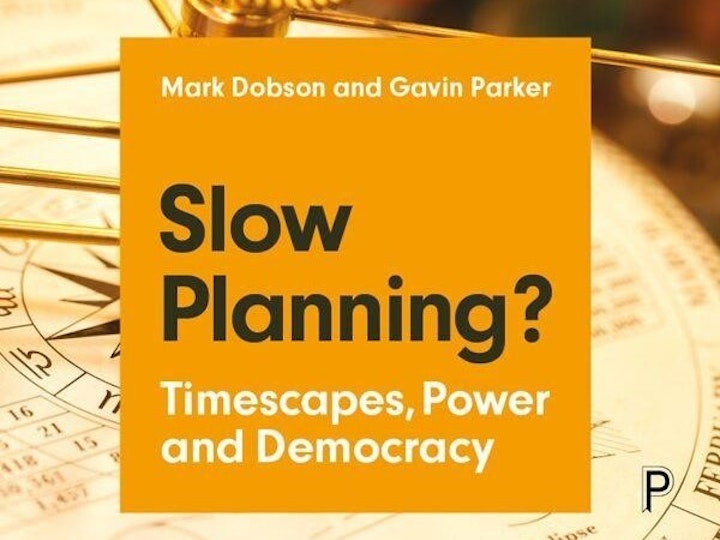Slow Planning? Timescapes, Power and Democracy
Academics in REP release new book on the temporalities of planning.

Dr Mark Dobson and Professor Gavin Parker, Real Estate & Planning, Henley Business School, have been researching time in planning, with several outputs already published on the theme. A culmination of the work saw their book ‘Slow Planning? Timescapes, Power and Democracy’ published by Policy Press in April. It is aimed at public and private planning practitioners, national and local politicians and policy makers involved in planning, academics, and students studying planning and related disciplines.
The book reflects a deep exploration of how questions of time and its organisation affect planning practice, and it is the first monograph specifically exploring the role of time and temporalities in shaping planning policy and practice. The work highlights that the temporal dimensions of the governance of planning have been somewhat neglected in the academic literature and research on planning, yet time has become an increasingly important tool for governing the planning system in England and beyond. Governments make extensive use of temporal rhetoric when discussing planning and apply a range of tools, often focusing on delay to promote a speed-growth agenda. In England this has been dominated by ‘project speed’: where time to think, deliberate and plan has been squeezed. The central thesis is that time is used to shape agendas and promote interests through ‘timescaping’ of planning practice, and with the timings of planning deliberately preferencing the time afforded to some actors and interests and marginalising others.
Slow Planning? demonstrates that time is not neutral but constitutive of power relations, which shape practice; and where control of time in planning is tantamount to control over planning. This prompts a call for greater examination of the impacts and possibilities of time in planning, for considering the impacts of timescaping on all involved in planning. Mark and Gavin call for a more considered, time-aware approach to practice, including ‘proper time’ for different aspects of planning activity,
A separate two-page briefing note summarising the main findings is also available.




